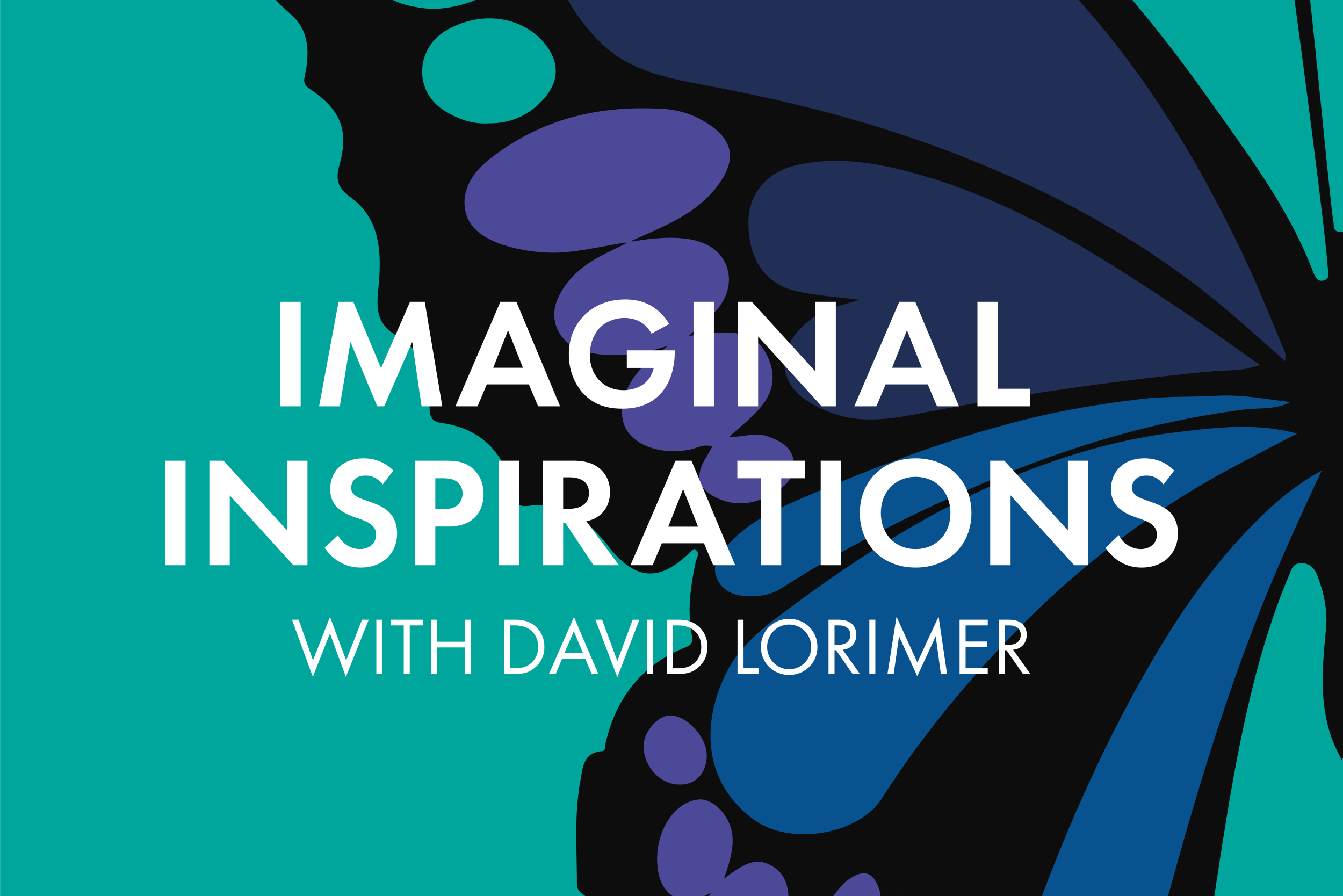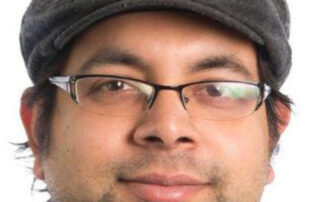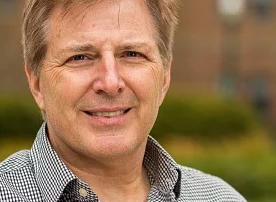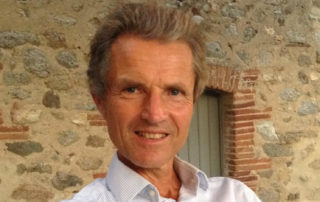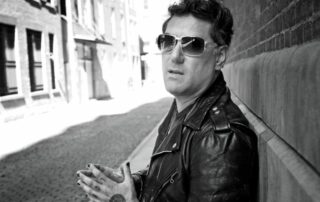
Expanding the Scope of Science
ORIGINS
David Lorimer introduces the Galileo Commission Report
REMIT
The Galileo Commission was founded in 2017 with a view to expanding the worldview of science beyond its limiting materialistic assumptions, which are seldom explicitly examined. A central and widely held assumption is that the brain generates consciousness and is therefore extinguished at death.
Following widespread consultation in 2018 with 90 advisers representing 30 universities worldwide, we have published the Galileo Commission Report, written by Prof Dr Harald Walach and entitled Beyond a Materialist Worldview – Towards an Expanded Science. The report has been widely endorsed as a groundbreaking document, so we encourage you to support our movement by joining the Galileo Commission either as a Professional Affiliate or a Friend. There is also a Summary Report and a Layman’s Report, and a brief summary of the argument is available in a number of languages. We encourage you to read and support Dr Athena Potari’s Call for a Renaissance of the Spirit in the Humanities and to read our edited book Spiritual Awakenings, which documents the transformative experiences of 57 scientists and academics.
A Call for a Renaissance of the Spirit in the Humanities
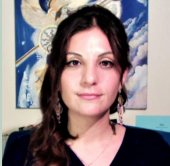 The “Call for a Renaissance of the Spirit in the Humanities”, written by Dr Athena D. Potari, is a pioneering project aiming to raise awareness regarding how the prevailing paradigm of materialism affects the ways in which knowledge is approached within the context of the Humanities. In line with the Galileo Report, which discusses the importance of liberating the positive sciences from the limitations of the paradigm of scientific materialism, this Call aims at making the case for the Humanities as well. The Call explores how recent developments in scientific studies on consciousness, and the ensuing understanding that consciousness is primary and unified, can inform our understanding of what it means to be “human” with correspondingly appropriate epistemologies, as well as how we approach key areas of human activity, including ethics, politics and the environment.
The “Call for a Renaissance of the Spirit in the Humanities”, written by Dr Athena D. Potari, is a pioneering project aiming to raise awareness regarding how the prevailing paradigm of materialism affects the ways in which knowledge is approached within the context of the Humanities. In line with the Galileo Report, which discusses the importance of liberating the positive sciences from the limitations of the paradigm of scientific materialism, this Call aims at making the case for the Humanities as well. The Call explores how recent developments in scientific studies on consciousness, and the ensuing understanding that consciousness is primary and unified, can inform our understanding of what it means to be “human” with correspondingly appropriate epistemologies, as well as how we approach key areas of human activity, including ethics, politics and the environment.What people say…
Featured book
Featured podcast
The Playful Universe – Marjorie Woollacott, David Lorimer and Gary Schwartz (Eds)
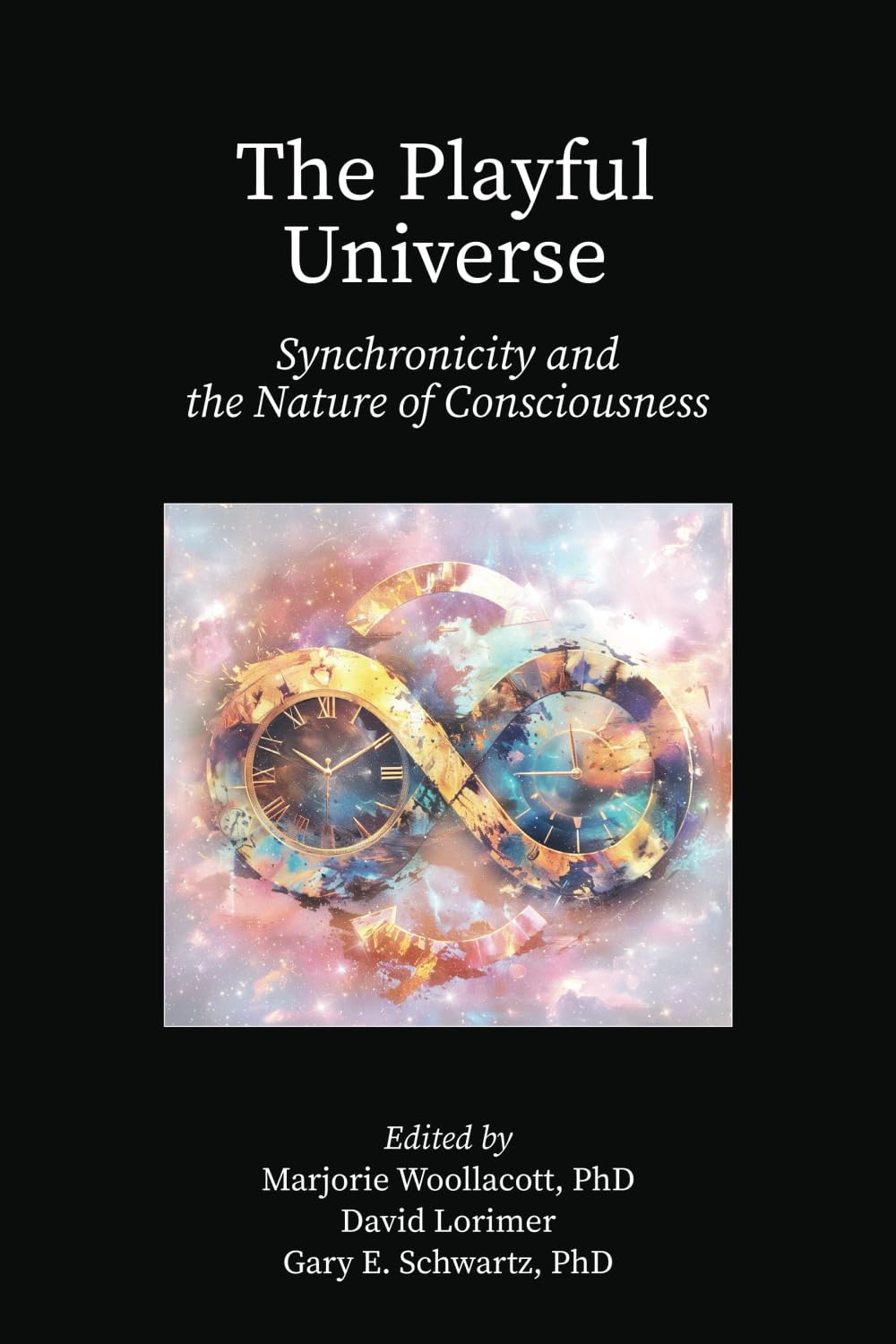
This volume consists of essays by scientists and academics describing their own experiences of synchronicity and how these experiences transformed both their worldview and the way they lived their lives. We truly believe that this is a fundamentally intelligent, benevolent, creative and playful universe in which we, as individual expressions of the one Universal Mind, co-create our reality.
Recent News
Methodological Exclusion of the Transcendent? – Alexander Moreira-Almeida & Ralph Hood
This paper discusses (a) what is MET as proposed by Flournoy and the reasons he provided to adopt it, (b) problems with MET, implications for research and theory in religion/spirituality and health, and why the transcendent should be included in psychological, medical and other academic research and theory on spiritual experiences (SE), and (c) some methodological guidelines perform it fruitfully.
Quantum-like mind Significant differences between quantum physics and quantum-like modelling – Sudip Patra
Is mind really quantum? Is there any genuine quantum processes underlying brain functioning? These questions are still not fully answered, but we need to take a non-reductionist approach here.
Happiness 101 – David McCormick
In the classroom and outside it, neuroscientist David McCormick is leading a mindfulness revolution.
Do Academic Professionals Believe in Survival and the Paranormal?- IONS Science Team
But, do academic professionals personally believe in the continuation of human consciousness? We tend to think that people who work in academic environments lean more toward skepticism, but is that actually true? If so, what kind of experiment could convince them that human consciousness can survive death? Non-believers would probably require substantial empirical evidence to flip their skepticism. That’s what we set out to explore in our newly published paper.
David Lorimers talks Consciousness, Quantum Theory and Mysticism on the Pushing Boundaries Podcast
So, are you ready to challenge your world view, disrupt your thought patterns, and embark on an intellectual rollercoaster ride with us? Join in for an episode that’s sure to inspire and provoke your thoughts in equal measure.
What Parapsychology Reveals About the Powers of Intention – Mitch Horowitz
Can we alter reality through the power of our minds? Materialism says no, but science says yes. Mitch Horowitz, historian of alternative spirituality and a popular voice for esoteric ideas, joined us for a mind-blowing ConnectIONS Live. He shared how countless scientific studies provide strong evidence for how we can affect reality through the mind and extrasensory perception (ESP).
